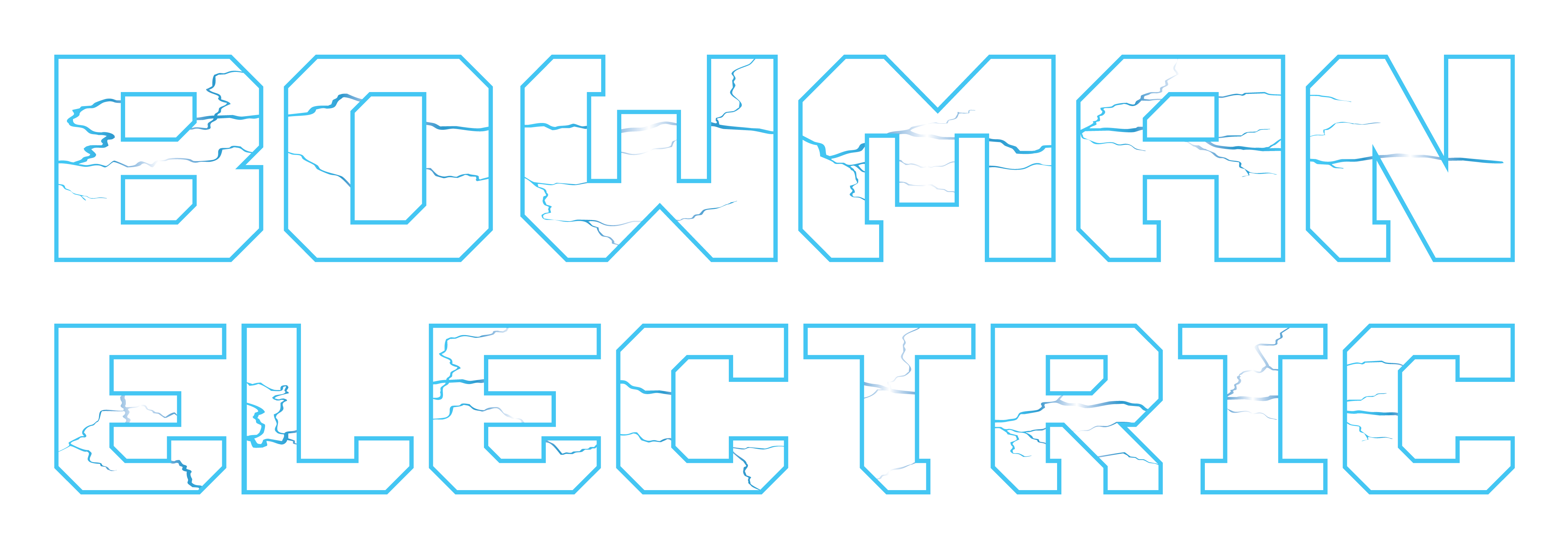
The week of Christmas is one of the busiest times of year for electricians—and not because homeowners suddenly start doing something wrong.
In reality, Christmas week places more combined electrical activity on a home than almost any other time of year. Cooking, decorating, heating, hosting guests, and charging devices all happen at once, often for longer hours than usual. This concentrated use can reveal small electrical issues that have been quietly developing for months or even years.
Here’s why these problems show up now—and what homeowners should know.
💡 Christmas Doesn’t Cause Electrical Problems—It Reveals Them
Many holiday electrical issues feel sudden or random. A breaker trips. Lights flicker. An outlet stops working. Everything seemed fine last week.
What’s actually happening is that Christmas week pushes your electrical system into conditions it doesn’t normally experience. When multiple systems run together for extended periods, hidden weaknesses finally become noticeable.
🍽️ Kitchens Experience the Heaviest Holiday Electrical Use
During Christmas week, kitchens are often in constant use. Ovens, warming drawers, microwaves, coffee makers, mixers, and air fryers may run back-to-back or simultaneously.
🔌 Many kitchens are wired with shared GFCIs or split circuits, which means:
One tripped device can affect several outlets
Power loss may occur away from the original problem
Reset locations aren’t always obvious
This is why homeowners frequently experience partial kitchen power loss during holiday cooking.
🎄 Winter Weather Plays a Role in Outdoor Electrical Issues
Cold temperatures, snow, rain, and melting ice can allow moisture into outdoor outlets, extension cords, and holiday light connections—even when everything appears sealed.
⚠️ Ground-fault protection devices are designed to shut power off when moisture or leakage is detected. As a result, outdoor lighting or outlets may stop working during or after winter storms.
⚡ Aging Breakers Can Struggle Under Holiday Conditions
Circuit breakers experience heavier use during Christmas week than at most other times of year. Longer run-times and repeated cycling can reveal internal wear, especially in older electrical panels.
When a breaker trips repeatedly or refuses to reset, it’s often signaling that it’s no longer functioning reliably and should be evaluated.
💡 Flickering Lights Are a Clue, Not a Coincidence
Lights that dim or flicker when the furnace, oven, or other large appliance turns on are commonly associated with:
Voltage drop
Loose or aging connections
Electrical systems operating near their limits
These symptoms often become noticeable during Christmas simply because more systems are running at once—not because of decorations alone.
🔥 Warm Outlets or Cords Are an Early Warning Sign
Holiday decorations frequently rely on extension cords or power strips that remain in use for extended periods.
If an outlet, plug, or cord feels warm to the touch, it’s an indication that heat is building up. This should never be ignored, as excess heat is one of the earliest signs of an electrical safety issue.
🌙 Why Many Problems Appear in the Evening
Homeowners often report that electrical issues seem to occur mostly at night. This is not a coincidence.
Evening hours typically involve:
Holiday lights fully illuminated
Cooking overlapping with heating cycles
Entertainment systems and chargers in use
Increased lighting throughout the home
This creates the highest combined electrical demand of the day.
🚨 Why Issues Often Disappear After the Holidays
Once decorations are taken down and routines return to normal, many electrical symptoms fade. However, the underlying issue usually remains.
Christmas doesn’t create electrical problems—it brings existing ones to the surface.
🛠️ When to Call an Electrician
If your home experiences flickering lights, warm outlets, tripped GFCIs, or breakers that won’t reset during Christmas week, it’s a good idea to have the system evaluated.
Addressing these concerns early can help prevent more serious issues later on and ensure your home is operating safely.
📞 Call us today if you have questions or would like to schedule an inspection.
🎄 Final Thought
Electrical issues during Christmas week aren’t bad luck—and they aren’t something to brush off.
They’re a sign that your home’s electrical system is under stress and asking for attention. Understanding why these issues happen is the first step toward keeping your home safe, comfortable, and powered through the holidays and beyond. ⚡🎄



